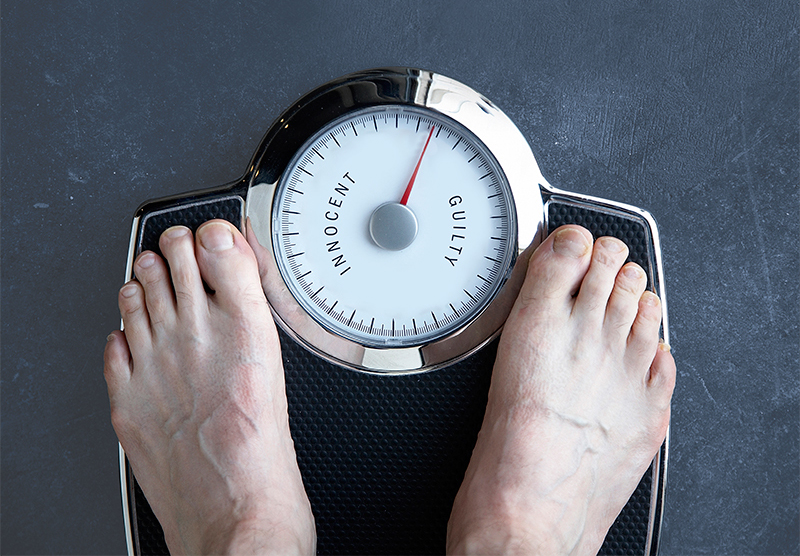
Does body weight influence perceptions of responsibility, asks Anita Killeen
Researchers at Yale University have shown that a defendant’s body weight and gender can affect perceptions of guilt and responsibility. In addition the authors state that the prevalence of weight discrimination has increased worldwide by 66% since 1995 and is now on par with rates of racial discrimination.
Although “weight bias” has been documented across multiple domains, including employment, medical, and interpersonal settings, these findings go further, highlighting the importance of increasing awareness to prevent such discrimination in legal settings. The research has relevance for all litigators, not just criminal law practitioners, as any trial where an obese client or witness is involved, such as defamation cases, health and safety cases, and employment cases, may be affected (see NA Schvey, RM Puhl, KA Levandoski and KD Brownwell, International Journal of Obesity (2013), 1:1-7).
A brief history of bias
Previous empirical research in both simulated and actual trial settings has indicated that bias does exist in the courtroom. For example, physically attractive defendants









